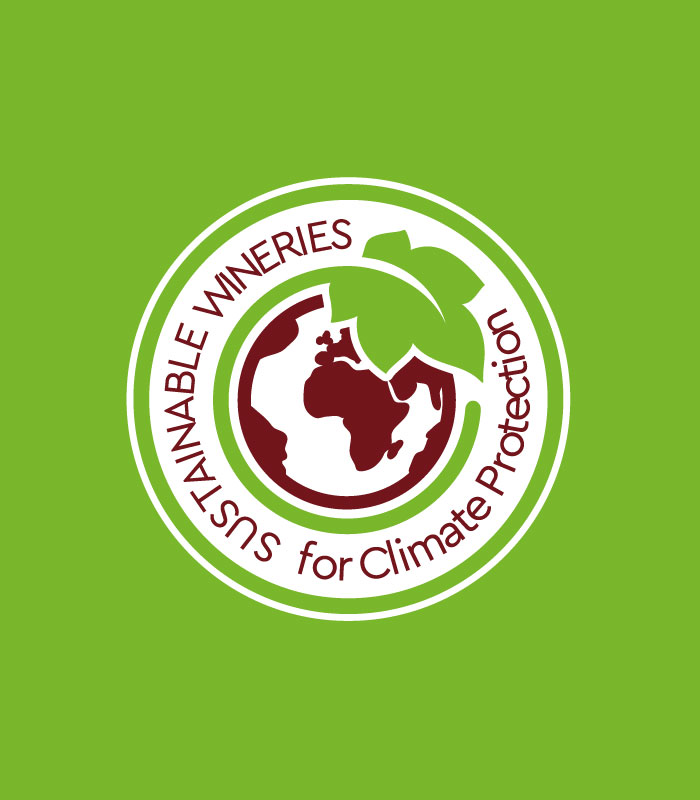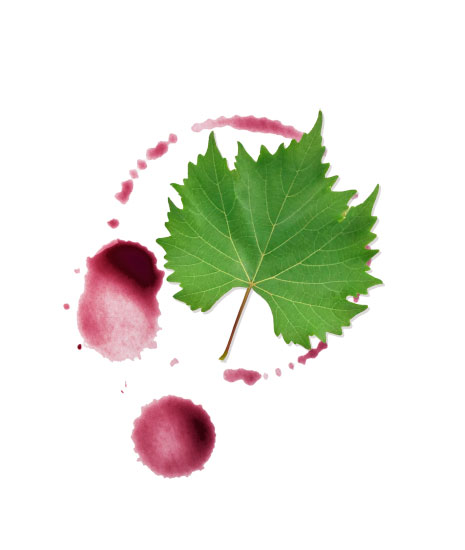The wine sector, and especially wineries, are at a crucial point where sustainability is not only a trend, but an imperative need to ensure its long-term viability.
The combination of factors such as climate change, consumer pressure, and new global regulations requires wineries to adopt sustainable practices that not only protect the environment, but also ensure the competitiveness of the industry.

Changes in Consumer Preferences
In Spain, a report by the National Association of Large Distribution Companies (ANGED) indicates that 1 in 4 consumers take sustainability into account when choosing food products. This shift in attitude is driving companies, including wineries, to adopt sustainable measures not only as a response to regulations, but as a strategy to align with market expectations.
Consumer behavior is also evolving toward greater environmental awareness.
"66% of global consumers are willing to pay more for products they consider sustainable."
Today's consumers increasingly value transparency and social responsibility in the brands they choose. For wineries, this means not only producing high-quality wine, but also doing so in a way that respects the environment, supports local communities, and ensures long-term sustainability.

SWfCP
Certificación "SWfCP - Sustainable Wineries for Climate Protection"

In response to these challenges, the Sustainable Wineries for Climate Protection (SWfCP) certification has become an essential tool for wineries wishing to demonstrate their commitment to sustainability. This certification, developed by the Spanish Wine Federation (FEV) with the technical support of AENOR, is the first in the world specifically designed for the wine sector.
The SWfCP not only assesses sustainability from an environmental perspective, but also covers social, economic and governance aspects. This allows wineries to not only reduce their environmental impact, but also improve efficiency in their processes, strengthen their relationships with local communities and ensure their long-term profitability.
In response to these challenges, the Sustainable Wineries for Climate Protection (SWfCP) certification has become an essential tool for wineries wishing to demonstrate their commitment to sustainability. This certification, developed by the Spanish Wine Federation (FEV) with the technical support of AENOR, is the first in the world specifically designed for the wine sector.
The SWfCP not only assesses sustainability from an environmental perspective, but also covers social, economic and governance aspects. This allows wineries to not only reduce their environmental impact, but also improve efficiency in their processes, strengthen their relationships with local communities and ensure their long-term profitability.
How to Get Sustainable Wineries for Climate Protection Certified
Obtaining the Sustainable Wineries for Climate Protection (SWfCP) certification is a comprehensive process that requires the detailed evaluation of all operational aspects of a winery. This process begins with an internal audit that examines the winery's current practices in relation to the key dimensions of sustainability: environmental, social, economic, and governance. Once the areas for continuous improvement have been identified, the necessary actions are implemented to comply with the standards required by the certification.
In this process, SOCOTEC plays a crucial role by offering complete accompaniment for wineries. Our team of experts performs the necessary internal audits, helping wineries identify opportunities for continuous improvement and implement corrective measures. In addition, SOCOTEC is in charge of continuous monitoring to ensure that all improvements are executed efficiently and that the winery is fully prepared for the final evaluation by the certifying entity. In this way, we ensure that wineries can obtain SWfCP certification effectively, ensuring their commitment to sustainability and strengthening their position in the market.
Dimensions Evaluated by the SWfCP

Additional Benefits of SWfCP Certification
Sustainable Wineries for Climate Protection (SWfCP) certification not only helps wineries meet sustainability standards, but also offers several strategic advantages that can boost their business success. Below are some of the key benefits that this certification provides:
- Promotes exports: SWfCP certification is internationally recognized, which facilitates wineries' access to foreign markets where consumers and distributors value commitment to sustainability. This global recognition can open up new export opportunities and expand the reach of the winery's products.
- Favors sales in large national stores: Many large stores and supermarket chains are increasing their offer of sustainable products to respond to growing consumer demand. SWfCP certification allows wineries to stand out in this context, facilitating distribution agreements with these important market players.
- Reduction of economic costs: The certification promotes the implementation of improvements in energy efficiency and resource management, such as the reduction of electricity, gas and water consumption. Not only do these measures help protect the environment, but they also translate into significant savings on energy and water bills, reducing the winery's overall operating costs.
- Better scores in aid and subsidies: Wineries certified with the SWfCP seal have a competitive advantage when it comes to accessing aid, subsidies and public tenders. This recognition improves scores in the evaluation of applications, increasing the chances of obtaining financing and institutional support for sustainability and expansion projects.
- Reinforces the winery's image: Obtaining the SWfCP certification shows the winery's commitment to environmental and social sustainability. This image of corporate responsibility is increasingly valued by consumers, who prefer products from companies that demonstrate a clear commitment to caring for the environment and society.
Complementary Tools for Integral Sustainability
Sustainability in the wine sector is not limited to SWfCP certification. There are other tools and services that wineries can implement to improve their environmental and social performance, as well as to comply with current regulations.
· Carbon Footprint Calculation
Calculating your carbon footprint is one of the fundamental practices for any company that aspires to be sustainable. This process involves measuring the total amount of GHG emissions produced directly and indirectly by a winery. Law 7/2021 on Climate Change and Energy Transition in Spain obliges companies to calculate and reduce their carbon footprint, which is not only crucial to comply with regulations, but also to identify areas where operational improvements can be made By reducing their carbon footprint, wineries not only contribute to the fight against climate change, but they can also benefit from cost reductions associated with lower energy and resource consumption. In addition, a lower carbon footprint is an important selling point for increasingly sustainability-conscious consumers.
· Energy Efficiency Audit
Energy efficiency is another key aspect of sustainability in wineries. An energy efficiency audit allows you to identify opportunities to reduce energy consumption in all phases of the production process, from vineyard management to bottling and distribution of wine. According to Royal Decree 56/2016, large companies in Spain are required to carry out regular energy audits, which allows them not only to comply with regulations, but also to improve their profitability in the long term.
· Non-Financial Information Statements (NFIS)
Finally, Non-Financial Information Statements (NFIS) are an essential tool for companies that want to transparently communicate their sustainability performance. Under Law 11/2018, companies in Spain must include in their annual reports a statement on environmental, social and governance (ESG) aspects. This report is vital to demonstrate the company's commitment to sustainability and to attract investors and consumers who value corporate social responsibility
Sustainability in the wine sector is not a passing fad, but an urgent need to guarantee the future of the sector. Wineries that adopt sustainable practices will not only be better prepared to meet the challenges of climate change and growing consumer demands, but they will also be able to take advantage of new market opportunities and improve their profitability in the long term. Certifications such as the SWfCP and tools such as carbon footprint calculation, energy efficiency audits and Non-Financial Information Statements (NFIS) are essential for wineries to achieve these objectives and position themselves as leaders in sustainability in an increasingly competitive global market.
At SOCOTEC, we offer a full range of sustainability services designed to help companies meet these standards and excel in their commitment to the environment. From audits to implementing continuous improvements, we're here to accompany wineries every step of the way, ensuring they can achieve their sustainability goals effectively and successfully.
Do you want us to help you in the processing and application for the Sustainable Wineries for Climate Protection (SWfCP) Certificate?

You might also be interested...





Add new comment